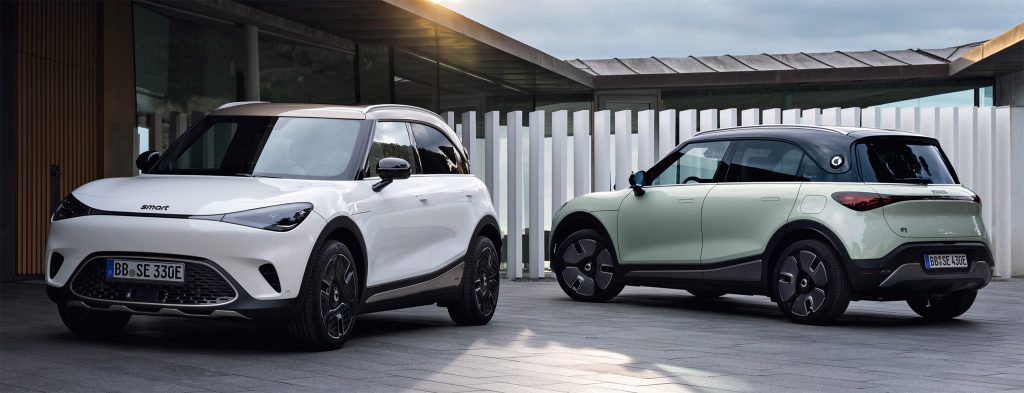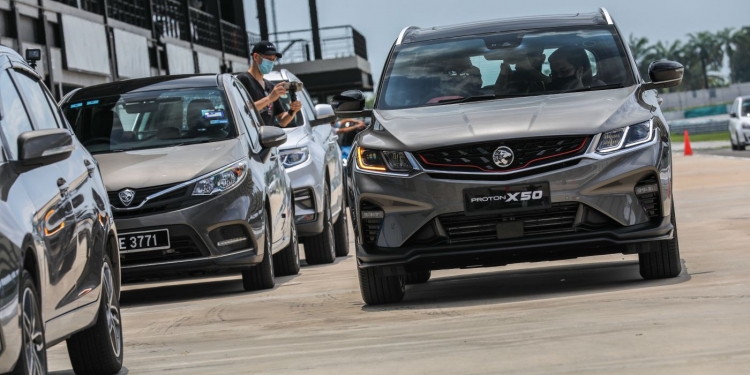According to a report by Bernama, the Ministry of International Trade and Industry (MITI) is currently discussing with national carmakers Proton and Perodua on expediting the production of national electric vehicles (EVs) and introducing affordable EV options for Malaysians. In addition, the government aims to improve the current approved permit (AP) guidelines to provide flexibility on the maximum number of fully imported vehicles (CBU) for market research for the pre-assembly of EVs. This would provide carmakers with the opportunity to assess the needs of new markets in the EV segment before local production.
Minister Tengku Zafrul Aziz told Parliament yesterday, “This move is also expected to widen the range of EV choices in the market for the people.”
Ahead of the upcoming amended Budget 2023 tabling, Tengku Zafrul has recently hinted that more EV-related incentives will be announced soon. At the moment, the Malaysian government is providing tax exemption for import, excise and sales tax for locally assembled EVs until the end of 2025. Meanwhile, fully imported EVs enjoy import and excise duty exemptions until the end of 2023. Road tax for EVs is also exempted until the end of 2025 and there are calls for the government to restructure the road tax calculation as the road tax for EVs is 10x higher than an equivalent internal combustion engine car with similar power output.

While more carmakers have started to bring more EV models, the two national car brands have not been proactive in taking advantage of the current incentives for EV production. Proton is only aiming to launch its own EVs in 2027 and it will start its EV journey by distributing fully imported Smart #1 from China by the end of this year. Geely has a sizeable portfolio of electric vehicles with affordable options like the Geely Panda Mini EV. With the right incentives, it is possible for Geely to make Malaysia their RHD production hub for their electric vehicles. Meanwhile, Perodua appears to be focused on introducing hybrid electric vehicles which is the current trend among most Japanese carmakers.
[ SOURCE ]







